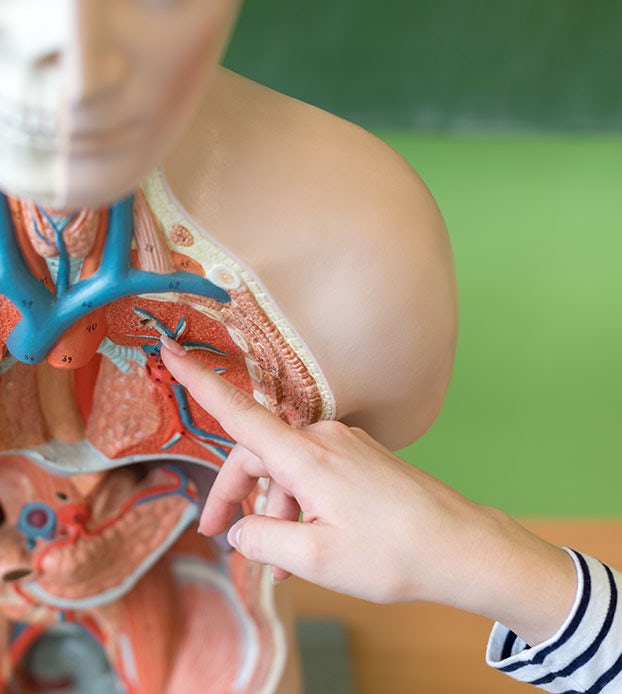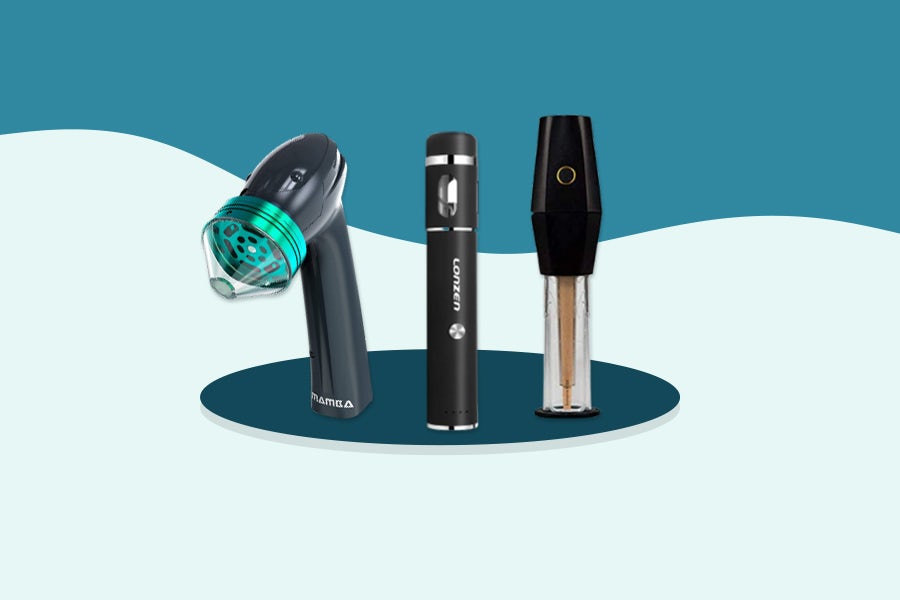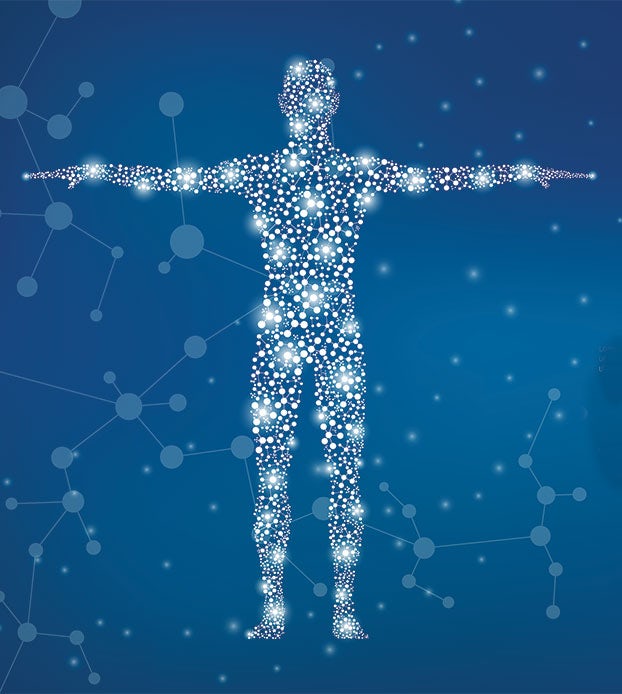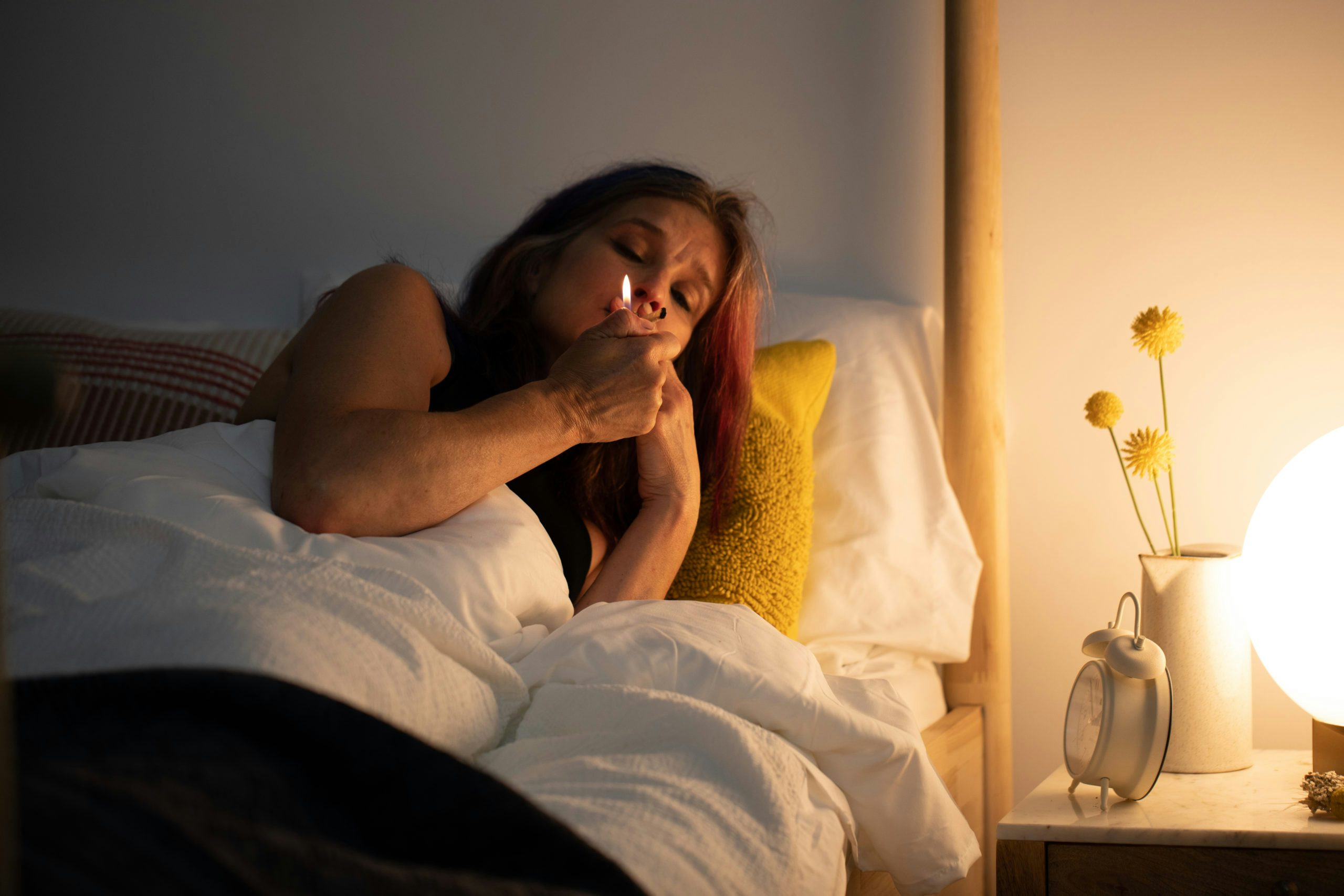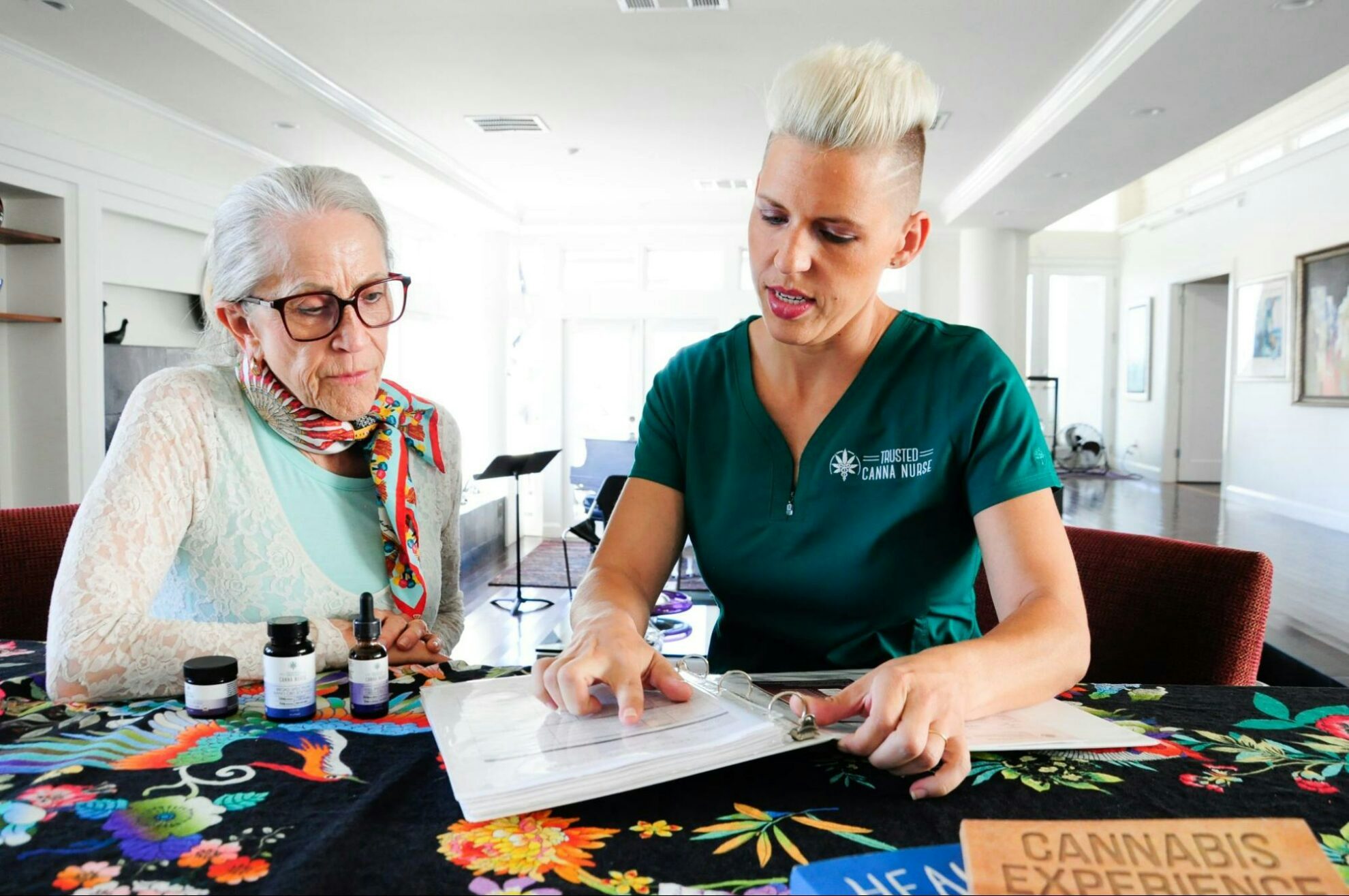There’s a popular narrative going around the anti-cannabis lobby – that increasing legal access to cannabis, medical or otherwise will lead to a male fertility crisis with plummeting testosterone and overly chilled out and rather directionless spermatozoa.
However, if we turn to the available human data, any mass media marijuana-induced man boob hysteria appears to be largely unfounded. Instead, the evidence suggests that regularly consuming cannabis can impact testosterone levels. Some studies have suggested that regular cannabis use decreases testosterone, and some others actually correlated cannabis use with increased testosterone levels. The significance of the connection between cannabis and testosterone levels remains to be fully understood.
CBD oil and testosterone
Before we take a deep dive into most of what we know about cannabis and testosterone, it’s important to be clear we will be mostly talking about THC, as right now very little research has been conducted on CBD oil and testosterone.
Though a 2020 review of preclinical studies from the PubMed database suggested “it is possible to conclude that CBD has negative effects on the reproductive system of males,” the authors were very clear more research is required to see whether these less than favorable findings are applicable in humans, and at what dosages.
What is testosterone?
Testosterone, sometimes just called “T”, is a male reproductive hormone, predominantly made in the testicles. While mostly thought of as a male hormone, it is also produced in small amounts in women as well. It is responsible for a host of important functions including sex drive, fertility, storing and burning fat, muscle mass, the production of red blood cells, and even regulating mood.
Most of us are familiar with the biological changes experienced by boys at the onset of puberty and it probably comes as no surprise to hear that a dramatic increase in testosterone production is responsible for their deepening voices, body hair, increased muscle mass, penis and testes growth, and sperm production.1
In fact, during adolescence and the twenties, testosterone levels are at their peak, after which it’s a slow decline hastened by factors such as alcohol consumption, exposure to toxins, obesity, heavy metals and pesticides. Signs of low testosterone levels in men include low libido, erectile dysfunction, fatigue, low mood, loss of muscular strength, and brain fog.
The use of illicit drugs is often added to the list of contributing factors, but interestingly commonly prescribed pain medication such as prescription opioids and even ibuprofen can also prematurely reduce testosterone levels in young men.2
While we generally think of testosterone as a male hormone, it is also found in women, and conversely estrogen can , a form of the female hormone estrogen, also plays an important role in male sexual health. While present, they are present in differing amounts between men and women and indeed, it’s these gender differences in our hormones that experts think may contribute to the differences in how men and women experience cannabis.
Cannabis, testosterone and the endocannabinoid system
The average cannabis consumer probably doesn’t spend too much time considering the biology behind the high sensation they experience when enjoying weed.
In fact, it was only in the 1990s when researchers discovered the endocannabinoid system (ECS), a vast network of special receptors in our brains and bodies activated by cannabis-like chemicals, that even the scientific community began to understand marijuana’s intoxicating effects. They realized that THC fits into these receptors like a key opening a lock, which in turn creates a cascade of effects throughout the body.

The endocannabinoid system itself is understood to be a homeostatic regulator, constantly working to maintain balance throughout all physiological systems. Not only can endocannabinoid receptors be found in the male reproductive system, such as the testis, prostate, vas deferens and spermatozoa, but other ECS components such as the endocannabinoid anandamide and the enzyme responsible for its degradation, fatty acid amide hydrolase (FAAH), have been located in testicular tissues. 3
The fact that leydig cells from which testosterone is released also contain CB1 endocannabinoid receptors have led researchers to conclude that the ECS plays an important role in maintaining healthy levels of testosterone production.
Interestingly, in a 2001 study on mice, anandamide, which acts in a similar way to THC by binding with CB receptors, was found to suppress testosterone levels, perhaps fuelling the theory that THC must do the same. 4
THC and testosterone – the evidence
While a number of preclinical studies on animals have suggested that THC administration reduces testosterone levels, research on humans has been far less conclusive and fails to prove that marijuana reduces testosterone.
In a 2018 study designed to estimate the effect of cannabis consumption on US males, 1577 men were asked about their frequency of marijuana use and cross-matched with testosterone serum levels.
No difference was detected in testosterone levels between the men who had consumed cannabis at some point in their life and those who had never tried it. However, testosterone serum levels were higher in men who had recently consumed cannabis, indicating any change relates to how recently cannabis was consumed and not duration or frequency. 5
However, in Denmark, a study on 1,215 young men found rather contradictory results for marijuana and men’s reproductive health. On the one hand, sperm concentration and sperm count were almost 30% lower in those using cannabis once a week, while rather counterintuitively testosterone levels were higher and within the same range as cigarette smokers (tobacco smoking has been found to increase testosterone levels). Further investigation is required to examine the effect marijuana smoking with tobacco has on testosterone levels compared to other consumption methods. 6
Could cannabis exposure in pregnancy affect testosterone in the fetus?
One of the areas guaranteed to generate debate is whether cannabis is safe to consume during pregnancy. While the jury is still out and evidence is lacking, one study sought to examine whether giving THC to mice mothers-to-be on day 12 of their gestation would affect testosterone levels in their male offspring. In this study at least, both testosterone and luteinizing hormone levels were significantly reduced, while CBD administered on the same day caused suboptimal testicular weight.
For ethical reasons, it is unlikely this study will be replicated in humans, but it does at least raise awareness that what a mother ingests during pregnancy, whether it be cannabis or coffee, can have a direct impact on her baby.
Can using cannabis affect your sex drive?

The fact that recent cannabis use appears to increase testosterone levels, seems to turn on its head the theory that marijuana dampens a man’s libido.
Again, numerous animal studies on everything from rodents to primates has suggested that THC at least is a bit of a passion killer. However, when it comes to humans, once again nothing has been conclusively proved.
A few studies have linked cannabis use with premature ejaculation and erectile dysfunction (ED), and when 8650 Australian men were screened for the use of cannabis and its sexual effects, daily use was correlated with sexual and erectile underperformance. Women did not suffer from these same effects from cannabis use, and may actually be more likely to achieve orgasm if they use cannabis. 7
Correlation does not imply causation
When it comes to marijuana and testosterone, it would appear that it may be yet another case of correlation not implying causation. Yes, overall testosterone levels may be plummeting in the West and male infertility may indeed be on the rise, but increased levels of cannabis consumption are probably not to blame, and certainly is not the primary reason. Instead, a myriad of factors such as the overuse of opioids, pesticide use on crops, and increasing levels of obesity are all likely to play a part.
Sources
- Hiller-Sturmhöfel S, Bartke A. The endocrine system: an overview. Alcohol Health Res World. 1998;22(3):153-164.
- Cohen J, Nassau DE, Patel P, Ramasamy R. Low Testosterone in Adolescents & Young Adults [published correction appears in Front Endocrinol (Lausanne). 2020 Jul 14;11:449]. Front Endocrinol (Lausanne). 2020;10:916. Published 2020 Jan 10. doi:10.3389/fendo.2019.00916
- du Plessis SS, Agarwal A, Syriac A. Marijuana, phytocannabinoids, the endocannabinoid system, and male fertility. J Assist Reprod Genet. 2015;32(11):1575-1588. doi:10.1007/s10815-015-0553-8
- Wenger T, Ledent C, Csernus V, Gerendai I. The central cannabinoid receptor inactivation suppresses endocrine reproductive functions. Biochem Biophys Res Commun. 2001;284(2):363-368. doi:10.1006/bbrc.2001.4977
- Thistle JE, Graubard BI, Braunlin M, et al. Marijuana use and serum testosterone concentrations among U.S. males. Andrology. 2017;5(4):732-738. doi:10.1111/andr.12358
- Gundersen TD, Jørgensen N, Andersson AM, et al. Association Between Use of Marijuana and Male Reproductive Hormones and Semen Quality: A Study Among 1,215 Healthy Young Men. Am J Epidemiol. 2015;182(6):473-481. doi:10.1093/aje/kwv135
- Smith AM, Ferris JA, Simpson JM, Shelley J, Pitts MK, Richters J. Cannabis use and sexual health. J Sex Med. 2010;7(2 Pt 1):787-793. doi:10.1111/j.1743-6109.2009.01453.x
Sign up for bi-weekly updates, packed full of cannabis education, recipes, and tips. Your inbox will love it.

 Shop
Shop Support
Support
